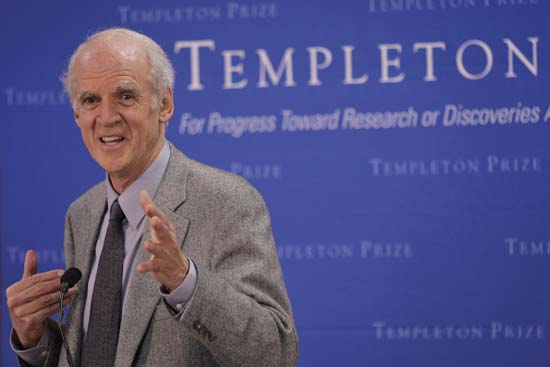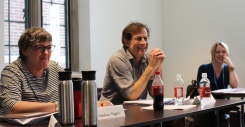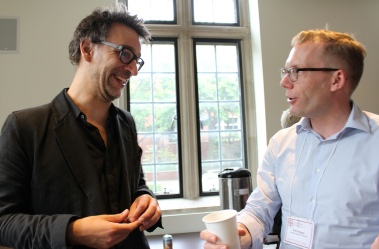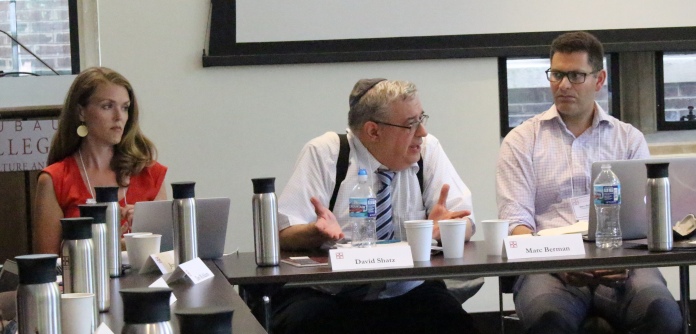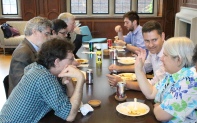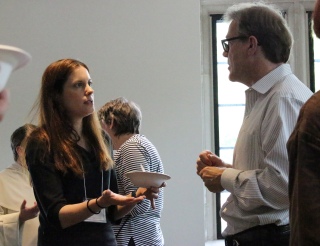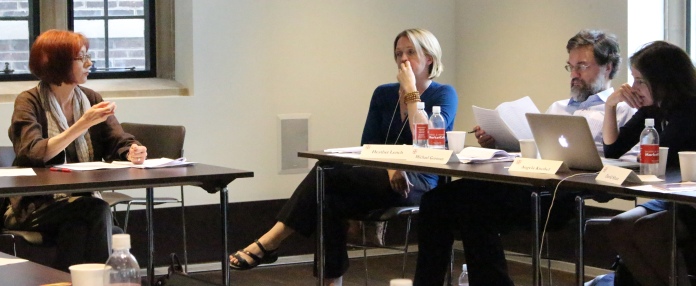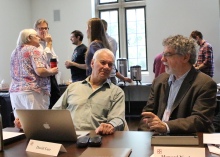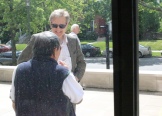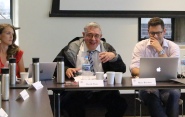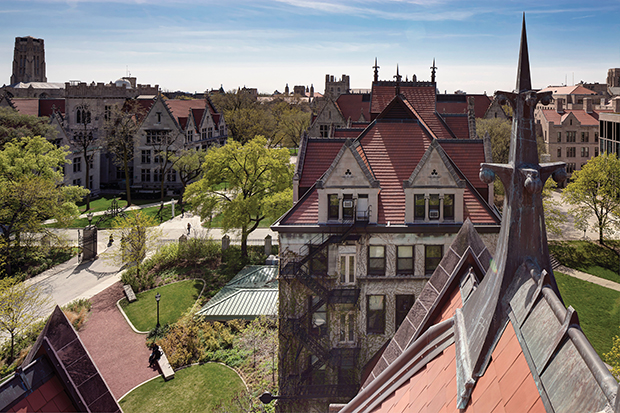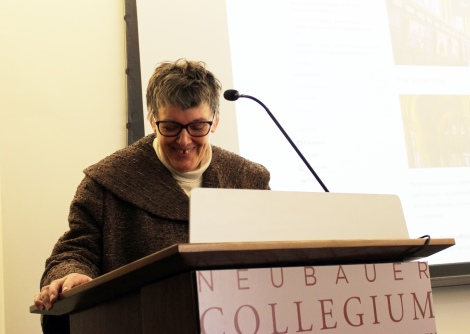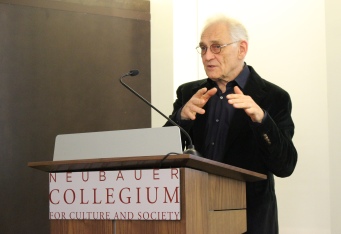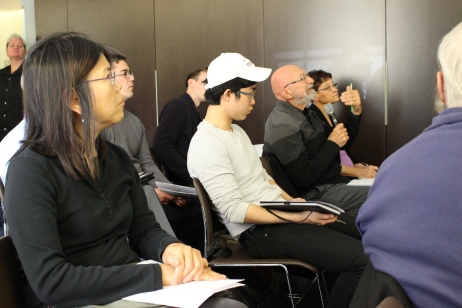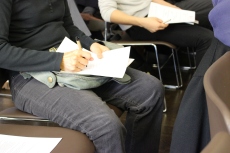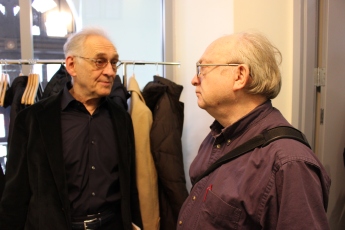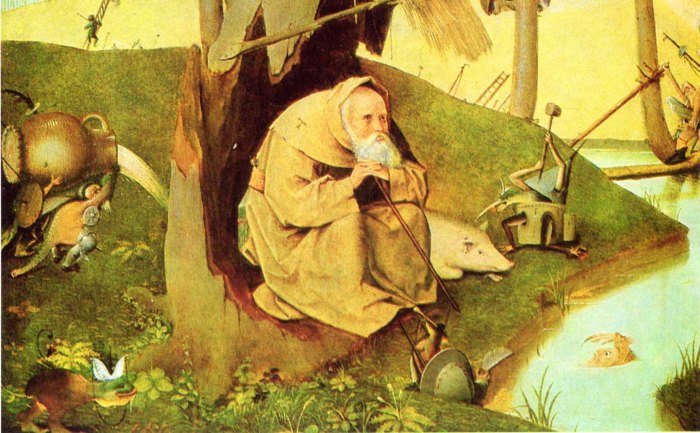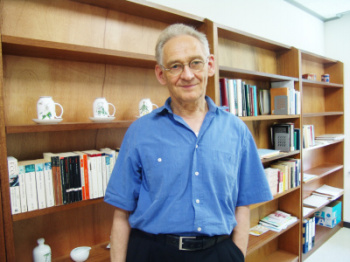Human life in all forms of communal existence can only be understood through a clear grasp of the dynamics of human aspirations. They are the missing link between human creativity and socio-cultural processes of transforming and enriching life. In this lecture, sponsored by the Living Aspirations project at the Neubauer Collegium, Visiting Fellow Günter Thomas (Ruhr-University Bochum) will look at three dynamics of living aspirations. How do living aspirations emerge and why are they a practice of freedom? How are aspirations embedded in our natural environments, and how are they embodied in our social and our built environments like urban spaces and architecture? What are the media for communicating aspirations? In exploring these dynamics, the lecture will shed light not only on the purpose of higher education but also on new and surprising avenues of collaborative research across disciplinary divides.
ABOUT THIS PROJECT
This project will support the Visiting Fellowship of Günter Thomas from Ruhr-University Bochum. In collaboration with William Schweiker (Divinity), Thomas will explore the place of aspirations from the vantage point of moral philosophy, religious thought, and socio-cultural analysis. The project takes it as intuitively the case that one of the most profound characteristics of human beings is to seek to realize their aspirations in actual life. The experience of aspirations coming alive, really motivating thought and action, is the starting point of all social, religious, and academic creativity. The project will consider aspirations as the key missing link, under-examined in current thought, between human creativity and social and cultural processes of transforming and enriching life. The project raises three fundamental questions: (1) How and under what conditions do human aspirations become powerful drivers of innovation in culture, religion, the sciences, and society?; (2) What are the conditions that endanger human aspirations from motivating thought and action for the sake of enhancing life?; and (3) How do we distinguish between aspirations that are destructive of human life from those aspirations that respect and enhance life?
Image: Tom Friedman, Looking Up (2015) © Tom Friedman. Courtesy of the artist, Luhring Augustine, New York, and Stephen Friedman Gallery, London.

